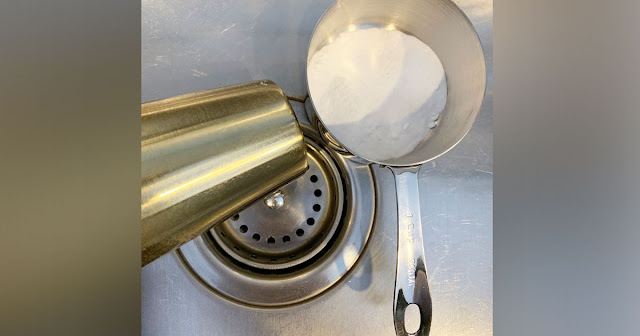
3. Antique silver
Baking soda may be used to remove tarnish from antique silver, but that doesn’t necessarily make it a good idea. Silver may lose its patina and tarnish quickly after using baking soda as a cleanser. Baking soda may also scratch antique silver. Use a silver polish instead to reduce the risk of damaging an antique or consider taking it to a professional.
4. Wood furniture
There are no perks to using baking soda on wood. Not only will baking soda not clean the wood, but it may also scratch it and remove any existing finish. Use a wood polish to clean, shine and protect wood.
5. Marble
Some websites and magazines advise people to use baking soda on marble floors and countertops. This isn’t a good idea. Using baking soda on marble, over time, removes the protective finish and causes scratches.
6. Glass
There are no benefits to using baking soda on glass. Instead, use vinegar or a commercial glass cleaner. Baking soda is an abrasive cleaner that may scratch glass. It can also cause smudges and a while film that is difficult to remove from glass.
7. Aluminum
Baking soda causes aluminum to oxidize, making it a poor option for cleaning aluminum. Extensive use of baking soda on aluminum may result in discoloration of pots and pans. If you insist on using baking soda to clean aluminum cookware, rinse pots and pans quickly and thoroughly after applying it.
8. Your hair
Someone told you to use baking soda in your hair? Don’t do it. It may create damage. Baking soda will remove all the natural oils, so your hair will feel brittle and dry if applied regularly.
9. Gold plated items
Don’t turn to baking soda to clean gold plated utensils, dishes or drinkware. Because gold is a soft metal, baking soda is much too abrasive to use as a cleanser. Baking soda will damage the finish and cause discoloration.